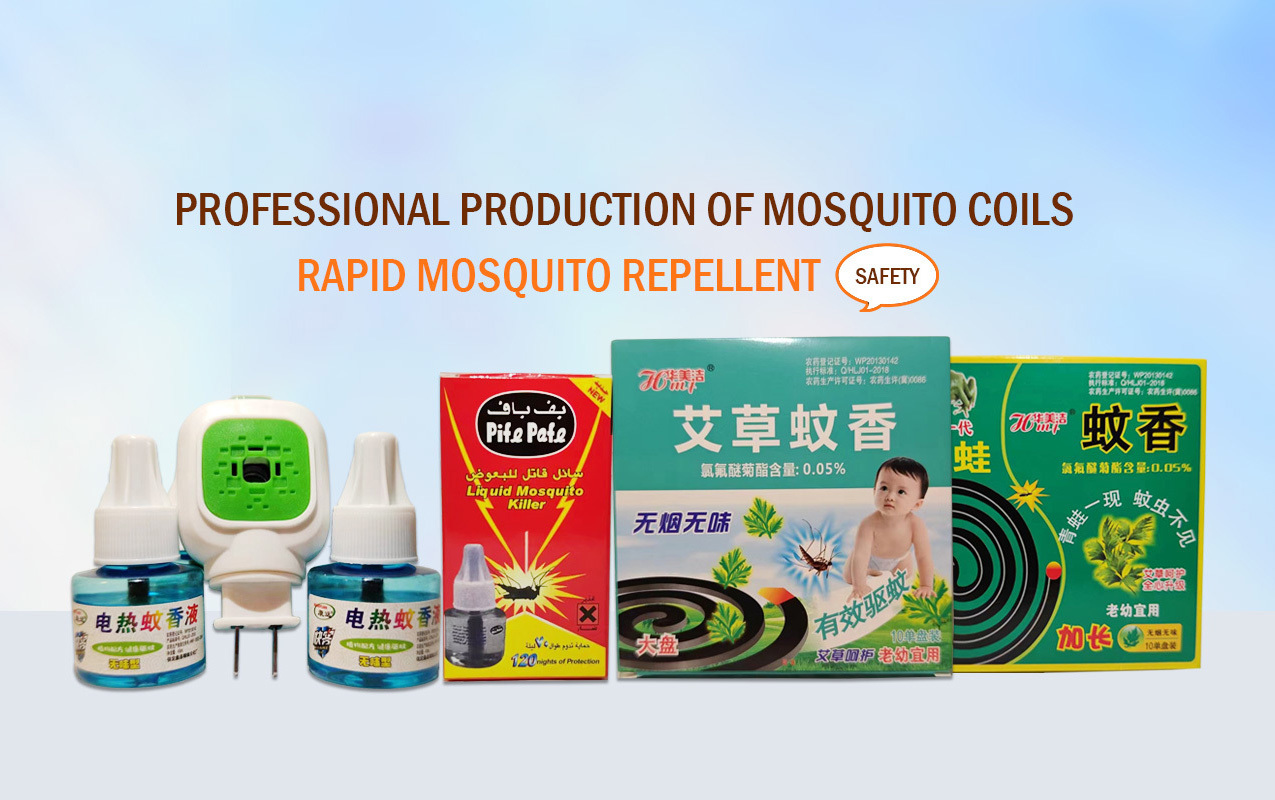Effective Insecticides for Mosquito Control: A Comprehensive Guide
2025-04-29

Mosquitoes are not only a nuisance but also vectors for various diseases that can affect both human health and livestock. Selecting the right insecticide for mosquitoes is crucial for effective control in agricultural environments. Here, we discuss the types of insecticides, their mechanisms, and practical applications.
Insecticides for mosquitoes generally fall into two categories: contact insecticides and systemic insecticides. Contact insecticides work by directly affecting the insect upon contact, leading to immediate knockdown and mortality. These products are often used in fogging or spraying applications where rapid action is desired. In contrast, systemic insecticides are absorbed by plants and affect insects that feed on them. While they may not provide immediate results, they can offer extended protection over a more extended period.
When considering insecticides, it's essential to understand their modes of action. Pyrethroids, for example, are a popular choice due to their ability to disrupt the nervous system of mosquitoes. This class of chemicals is effective at low concentrations and is known for its rapid knockdown effect. However, it's important to note that some mosquito populations have developed resistance to pyrethroids, so rotating insecticides and employing integrated pest management strategies may be necessary to maintain effectiveness.
Another critical factor in selecting an insecticide for mosquitoes is the application method. Common methods include aerial spraying, ground spraying, and thermal fogging. Each method has its advantages and is suited for different situations. For instance, aerial spraying covers large areas quickly but may be less precise than ground spraying, which allows for targeted applications. Thermal fogging is particularly effective in treating areas where mosquitoes congregate, providing immediate results in localized environments.
Additionally, environmental considerations are paramount when choosing an insecticide. Factors such as weather conditions, proximity to water bodies, and the presence of non-target organisms must be taken into account to minimize ecological impact. Always adhere to local regulations and guidelines to ensure safe and responsible use of insecticides.
In conclusion, selecting the right insecticide for mosquitoes involves a thoughtful approach that considers effectiveness, application methods, and environmental impact. By understanding the various options and their mechanisms, you can implement a more effective mosquito control strategy, ultimately protecting both crops and health within agricultural settings. Remember, successful mosquito management often relies on an integrated approach that combines chemical control with cultural and physical practices.
Insecticides for mosquitoes generally fall into two categories: contact insecticides and systemic insecticides. Contact insecticides work by directly affecting the insect upon contact, leading to immediate knockdown and mortality. These products are often used in fogging or spraying applications where rapid action is desired. In contrast, systemic insecticides are absorbed by plants and affect insects that feed on them. While they may not provide immediate results, they can offer extended protection over a more extended period.
When considering insecticides, it's essential to understand their modes of action. Pyrethroids, for example, are a popular choice due to their ability to disrupt the nervous system of mosquitoes. This class of chemicals is effective at low concentrations and is known for its rapid knockdown effect. However, it's important to note that some mosquito populations have developed resistance to pyrethroids, so rotating insecticides and employing integrated pest management strategies may be necessary to maintain effectiveness.
Another critical factor in selecting an insecticide for mosquitoes is the application method. Common methods include aerial spraying, ground spraying, and thermal fogging. Each method has its advantages and is suited for different situations. For instance, aerial spraying covers large areas quickly but may be less precise than ground spraying, which allows for targeted applications. Thermal fogging is particularly effective in treating areas where mosquitoes congregate, providing immediate results in localized environments.
Additionally, environmental considerations are paramount when choosing an insecticide. Factors such as weather conditions, proximity to water bodies, and the presence of non-target organisms must be taken into account to minimize ecological impact. Always adhere to local regulations and guidelines to ensure safe and responsible use of insecticides.
In conclusion, selecting the right insecticide for mosquitoes involves a thoughtful approach that considers effectiveness, application methods, and environmental impact. By understanding the various options and their mechanisms, you can implement a more effective mosquito control strategy, ultimately protecting both crops and health within agricultural settings. Remember, successful mosquito management often relies on an integrated approach that combines chemical control with cultural and physical practices.
Recommend News
Contact Us
Leave Us A Message


